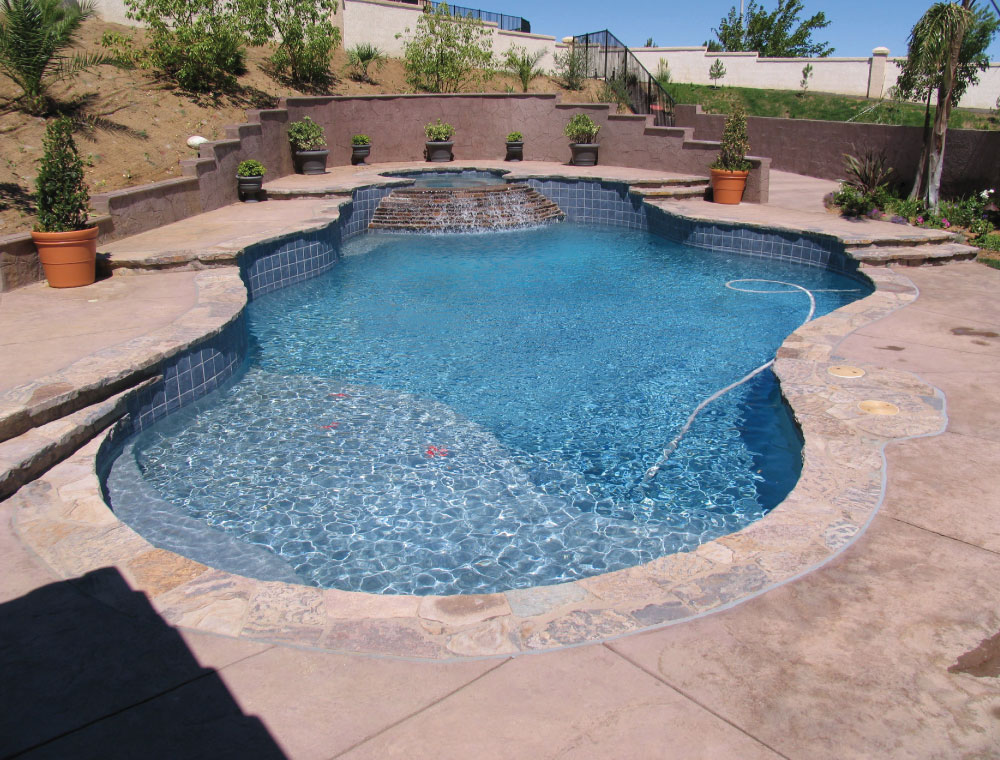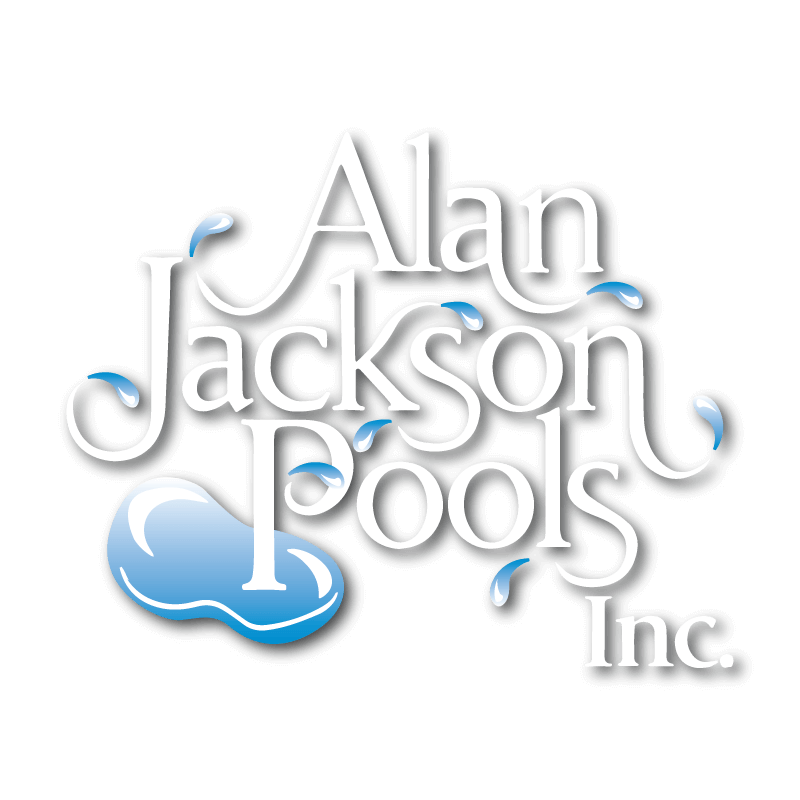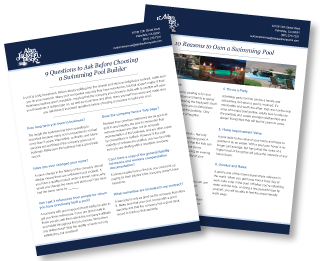
Taking care of your pool is no easy task. With many factors to consider, such as chemical contents, filtration, and cleaning, it is very important to know how to properly maintain your pool. This article aims to help you better understand servicing this delicate ecosystem so you can be a happier owner.
Chlorine
When you think “pool”, chances are the word “chlorine” appears in your mind. Indeed, chlorine is the chemical that keeps your pool sanitary so no one gets infections from swimming in it. About 1-3 parts per million (ppm) in the water is sufficient. Anything below 1 ppm runs the risk of bacteria being in your swimming pool, which can easily make someone sick if they have any open wounds or accidentally swallow some of the water. Likewise, too much chlorine in the pool can damage your swimsuit (cheap suits may be destroyed in one session!), irritate and dry out your skin, and affect your hair similarly to bleach. Plus, too much chlorine can lower the pH of the water, which has its own slew of problems.
Make sure to monitor your pool’s chlorine frequently. An easy way to do this is by using a test kit like this one in a bottle containing chlorine, pH, and alkalinity sticks for simply $10 on Amazon. Always make sure to only add as much chlorine as you need and never too much.
Filtration
Ensuring your pool’s filtration system works flawlessly is a big priority. The filter is what separates dirt and debris from the water coming into the pool, and without it, your pool will dirty up quickly. The time between cleanings varies depending on which filter, but a good method is to monitor its pressure. As filters do their job, the debris starts to accumulate, which raises the pressure of the water running through them. Too high of a pressure can cause the filter to stop working properly, so take care that it never exceeds the filter’s maximum pressure rating. In general, 10 psi above the starting pressure of the filter (i.e., the pressure when you first begin using it) is when you should clean it.
When cleaning your filter, don’t use a high-pressure hose as you may damage the material in the filter. Instead, use a soft water stream and just make sure all of the large debris is off. Once a year, you should soak your filter in a cleaning solution to get rid of the fine debris in it.
If you choose to backwash the filter instead (which is to reverse the flow of water in the pool to get rid of the contaminants), make sure to do it according to the filter manufacturer’s instructions, and be responsible with where you put the water. If you drain it into your backyard, now might be the time to switch before the debris starts negatively affecting it. Some pools have a backwash tank you can pump into, but if that isn’t the case, some cities let you drain into their sewer system. Not all cities allow this, though, so be sure to check with your city hall if it is OK to do so.
Cleaning
Knowing how to clean your pool effectively is key to having it be pristine. No matter how perfect your chlorine content is, or how efficient your filter is, your pool will become dirty over time. Depending on where you are (states like Georgia are most likely to be affected), algae may start growing in your pool. Regularly adding algaecide to your pool will make this problem disappear. Sunset is the best time to do this.
Pool covers have been subject to death-related scandals over the years, but they are in fact a very effective tool for keeping your pool free from pollutants that you should employ. They keep leaves, bird waste, and even small animals from getting into the water, which makes it much better for you. If you use a manual cover, make sure you have someone else to help you. And make sure no one is in the pool when you put the cover on. Seriously.
You might also be in the habit of turning off your pool’s filtration system at night. If so, stop! By doing so, you’re allowing contaminants like sweat, oil, and sunscreen to stay in the water and harbor bacteria. If your concern is the filter’s health, you’ll be happy to know that they’re designed to run 24/7, so there is nothing for you to worry about. If you’re more preoccupied with the money you’ll save, weigh that against a possible infection or the hours of vacuuming you’ll need to perform when you do get around to cleaning it.
Pools are like a mini-ecosystem with all of their components and they require you to ensure they work properly. By following these steps, you’ll make your experience much better in the long run. If you would like us to handle pool servicing for you, or if you have any concerns, feel free to contact us.


